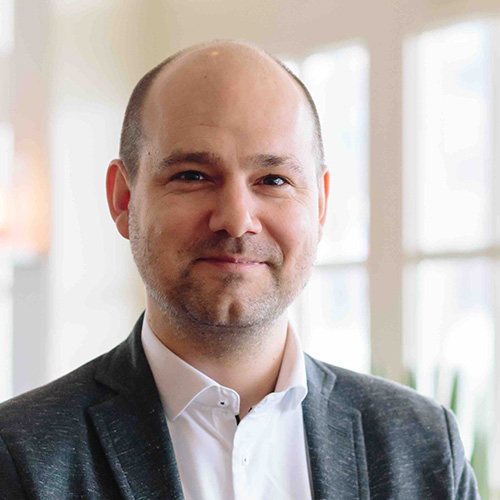Negotiation Skills for Nonprofits
HOW TO HANDLE INTERNAL NEGOTIATIONS SHARPEN YOUR NEGOTIATION SKILLSWhy negotiation should be at the heart of every nonprofit
People who join nonprofits generally love the word cooperation. One cannot change the world alone: joining forces with others —colleagues, partners, donors— is the only way to do so. In the global fight around poverty, climate change, illiteracy and access to health care, Development Cooperation is the logical umbrella term. Negotiation, on the other hand, does not feature very prominently in the minds of non-profit professionals; neither does it often make the list of required skills in NGO job listings. More often than not, negotiation is perceived as a win or lose exercise in which two or more parties are dividing something of fixed value.
This short blog series covers the question why negotiation is essential to fundraising, communications and partnerships. Within this “negotiation triangle”, enhanced skill set can make the difference between success and failure.
How to handle internal negotiations
The toughest negotiations are often not those with external partners or donors but with colleagues inside the organization. This is especially the case when conflict erupts over the identity and values of the organization. One I can remember well as a non-profit director, for example, are internal conflicts between communication and fundraising professionals on one side, and field program managers on the other. Managing a small nonprofit working on cultural programs across the Middle East, I often found myself in between ‘camps’ of colleagues. While one end was arguing the appeal of their communications strategy, the other was pointing out the loss of resources that were better spent on program, or the potentially adverse effect of some communication piece on our partners or beneficiaries.
In larger nonprofits it is often easiest to altogether avoid the inherent tension between fundraising, communication strategy and program.
In larger nonprofits, it is often easiest to altogether avoid the inherent tension between fundraising, communication strategy and program, by allowing different departments their own space in “doing their thing”. Conflict avoidance is then an inexpensive short-term option. However, over time tensions between the frontline staff and headquarters rise, and may, all of a sudden, come to a boil.
What do insights from negotiation theory tell us?
First, do not escalate prematurely.
Going up the chain may feel good, but most likely your colleagues on “the other side” will do the same. People are reaction machines and the risk is that the battle over “who wins the argument with management” becomes more important than attending to the needs and interests of the organization.
Second, do not ignore emotions or negative perceptions between team members.
This means, in the example above, strengthening relationships and contact between program managers, fundraisers and communication staff. People often instinctively prefer to sidestep relationship issues and move straight to the content, siding with being “professional” and “solution oriented”. In challenging negotiations this can be a costly mistake to make as distrust continues to linger underneath the surface and greatly hampers creativity.
Third, do not propose solutions too early in this process but spend time exploring options.
As discussed in the blog How to build strategic partnerships.
Fourth, look for objective criteria to weigh different options.
That may look impossible in a situation in which different departments struggle over “their turf”. However, the core values the organization upholds, can help guide a way forward in which everyone can recognize themselves.
Fifth, once a way forward is found, spend some time looking at how you respond to unforeseen developments.
Agreements by definition cannot predict these developments but they can include a process for dealing with issues between colleagues at an early stage.

Stefan Szepesi
Stefan is the founder of Negotiation & Public Service (NPS), specializing in negotiation capacity building for non-profit professionals and civil servants. Prior to NPS, Stefan led the NGO Abraham Path Initiative as Executive Director for five years. Together with Han Valk Fundraising Consultancy & Interim Management, Stefan organizes the first negotiation training dedicated to fundraisers and project managers.
stay up to date
We have at heart to be a resource to you. According to your preference, we will share insights, trainings, networking events and career opportunities that might be of interest for anyone from entry-level to seasoned professionals.
Contact
Phone
+31 (0)6 30 69 45 95
Address
Eursinge 8, 7935AB Eursinge (de Wolden), The Netherlands
228 East 45th Street, Suite 9E New York, NY 10017, USA
info@hvfc-international.com
Join us on
© 2024 HVFC International. All rights reserved.
HVFC ® is a registered trademark of HVFC International B.V.

